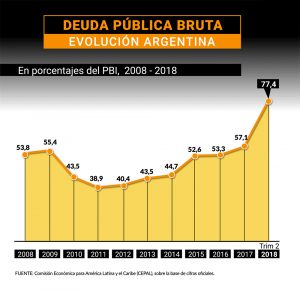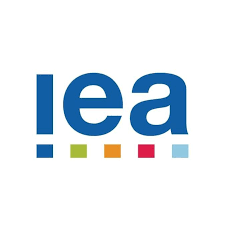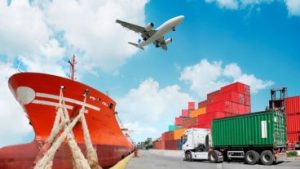
International trade is defined as the movement of goods and services through different countries and their markets. It is done through the use of foreign currency and is subject to additional regulations, which establish the parties involved in the exchange and governments. When carrying out international commercial operations, the countries involved benefit from each other by better positioning their products and introducing their offer in foreign markets.
Within trade, the only international organization that deals with the rules governing trade between countries is the World Trade Organization. The pillars on which it is based are the WTO Agreements, negotiated and signed by most of the countries that participate in world trade and ratified by their respective Parliaments. Its objective is to ensure that commercial exchanges are carried out in the most fluid, predictable and free possible manner.
This institution can be seen from different perspectives, since it is an organization for the opening of trade, a forum for governments to negotiate trade agreements, a place where they can resolve their trade disputes, a system of trade that applies rules. In essence, the WTO is a place where Member governments come to resolve the trade problems they have with each other.
It is directed by the governments of its Members. All important decisions are taken by all Members, either by their Ministers, by their ambassadors or delegates. But although it is governed by its Member States, it could not function without its Secretariat, which coordinates the activities.
More than 500 officials work in this Secretariat, and their experts help WTO members every day to ensure, among other things, that the negotiations move forward and that trade rules are enforced correctly.
The Agreements of the World Trade Organization cover goods, services and intellectual property. They set out the principles of liberalization, as well as the exceptions that are allowed, including the commitments of individual countries to reduce tariffs and other barriers to trade and to open and maintain open markets for services and also establish procedures for the solution of conflicts.
Their agreements oblige governments to ensure the transparency of their trade policies by notifying the WTO of the laws in force and the measures adopted. Various councils try to make sure that these requirements are respected and that the WTO Agreements are applied correctly. All its members are subject to a periodic review of their business, practices and policies, and each of these reviews contains reports from the interested country and from the WTO Secretariat.
The procedure to resolve commercial conflicts is fundamental for the observance of the norms, and consequently to ensure the fluidity of the commercial exchanges. Countries submit their differences to the WTO when they consider that their rights have been infringed. The opinions of the experts appointed especially for the case are based on the interpretation of the Agreements and the commitments made by each of the countries.
When it comes to building trade capacity, the WTO Agreements contain special provisions for developing countries, including longer terms to implement the Agreements and commitments and measures to increase their business opportunities, in order to help them build commercial capacity, solve differences and apply technical standards. The WTO annually organizes hundreds of technical cooperation missions to developing countries. It also organizes every year, in Geneva, numerous courses for government officials. Aid for Trade aims to help developing countries build the technical capacity and infrastructure they need to increase their trade.
The WTO maintains a regular dialogue with non-governmental organizations and other international organizations, the media and the general public on various aspects of the Organization and on-going negotiations, in order to increase cooperation and improve knowledge of the activities of the WTO.








